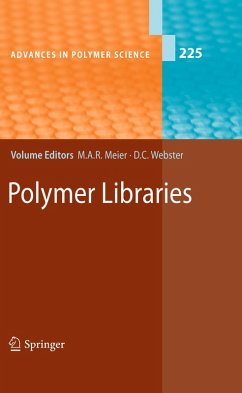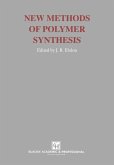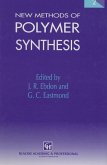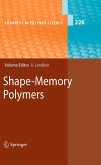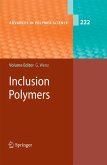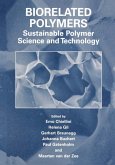This is truly an exciting time to be in the ?eld of polymer science. Advances in polymerization methods are providing polymer scientists with the ability to specify and control polymer composition, structure, architecture, and molecular weight to a degree that was not possible just a decade ago. This, in turn, is resulting in many novel application possibilities of polymers ranging from drug delivery systems and nanolithographyto stimuli-responsivematerials and many others. In addition,many of the application areas of polymers - such as coatings, adhesives, thermoplastics, composites, and personal care - are also taking advantage of the ability to design polymersduringtheir developmentefforts. Not to forget,manyof these applications of polymers involve mixing polymers with solvents, catalysts, colorants, and many other ingredients to prepare a formulated product. However, the tuning of polymer composition and structure as well as polymer formulations to optimize the ?nal performance properties can be challenging, - pecially since in many cases several interacting variables need to be optimized simultaneously. This is where the methodologies and techniques of combinatorial and high-throughput experimentation to synthesize and characterize polymer - braries can be an invaluable approach. Simply put, a polymer library is a collection of multiple polymer samples having a systematic variation in one or more variables related to composition, structure, or process. Various methods and strategies have been explored to ef?ciently prepare a large number of polymer samples and also to screen these samples for key properties of interest.
Dieser Download kann aus rechtlichen Gründen nur mit Rechnungsadresse in A, B, BG, CY, CZ, D, DK, EW, E, FIN, F, GR, HR, H, IRL, I, LT, L, LR, M, NL, PL, P, R, S, SLO, SK ausgeliefert werden.

